As artistic director and co-president of Chopard, Caroline Scheufele sees it as her duty not only to keep the famed jewellery house’s A-list clientele happy, but also to have a vision of the consumer of the future. She tells LUX why provenance will be everything

Caroline Scheufele
The ultimate luxury is when you really know how your product was produced. I met Livia Firth (Colin Firth’s wife) in Los Angeles, where she was representing Eco-Age, and she asked me, ‘Where do you get your gold from?’ I said, ‘from the bank’, but the minute I answered, I knew what she was really getting at and I admitted that we don’t really know where the banks get the gold from. It is obviously from mines, but the set-up is not at all transparent or regulated, and it made me think.
We started working with the Alliance for Responsible Mining (ARM), who certified the first mine in Colombia as fair-mined – not fair trade, there’s a big difference. From A to Z the process is transparent; there are no kids working; the workers have a fixed salary; they have insurance. The mine is secure, and although they are still using mercury, they are doing so in very small volumes, always following the guidance set out in the fair-mined standard, which ensures that they’re not putting it in rivers or the earth when separating the gold from the stones, which is the most important issue. As a result, the village where the mine is located is clean for people to live in. It’s a really beautiful project. Recently, a second mine has been certified in Bolivia and there will be another one in Colombia, so things are moving forward. For three years now Chopard has been engaged in what we call ‘the journey’ to reaching our ultimate aim of using only fair-mined gold, but it’s not something you can accomplish in one day.
Read next: Interview with Javad Marandi, global investor

Palme Verte pendant and earrings
Clients like the story behind the gold. The first piece that we were able to produce was a cuff worn by Marion Cotillard on the red carpet in Cannes, and immediately it was a tremendous success with the media and clients. We sold it the next day. Of course, it is also a beautiful design – that has to come with it. We then made additional pieces, one of which was worn by Cate Blanchett when she won the Golden Globe for Blue Jasmine in 2014, and my brother has recently unveiled the first fair-mined gold mechanical watches. The whole company is behind the project and has to be because we cannot mix fair-mined gold with the other gold – I like to say it goes through the company like a VIP customer.
The younger generation, in particular, seems to be more sensitive to where their products come from. It’s the same as food – when you buy a piece of beef you want to know that it’s really a piece of beef and nothing else. You want to know the whole story. This is a huge problem in fashion, of course, because workers are dying just so that a T-shirt costs five cents less. Fortunately, being more alert and aware of the planet, nature and saving energy seems to be on trend now – or, as we say in French, du temps.
Jewellery in general has become more democratic in the way you wear it and the way you mix colours and stones. Even men are wearing more jewellery now. The influence of social media definitely has a part to play in this – fashion bloggers and faster ways to communicate make it more of a movement. We’ve brought a lot of colour, for example, into the boutique collections like Happy Hearts, and there are lots of different shades and semi-precious stones set together. I think a lot of women like to have something colourful and light. It is so much more liberated than it used to be.
That said, at the highest price level I think people are still looking for something purer. The diamond will always be at the core. The high-end jewellery market is less affected by social media trends in that way. It is more intimate, people want to go into the store and see the quality. Whereas at the lower level, lots of pieces are now getting sold through online boutiques. For real luxury, people still like to get a physical feeling of the brand and be consulted, but when you’re living in a city where you don’t have a boutique and you want to buy a present, for example, that’s when online shopping becomes really useful and practical. Take China: the cities are so huge and there’s so much traffic that online boutiques save a lot of time. Also, people often go to the internet to get information first, visiting different websites of different luxury brands before they choose where they really want to go in person. We’ve got an online boutique in the US now and have just started one in the UK.
We are moving forward as fast as we can. My aim is ultimately to produce all the high jewellery pieces with fair-mined gold, and my brother wants to do the same with all the Luke Chopard watches. The ultimate goal would be for everything to be fair-mined gold.

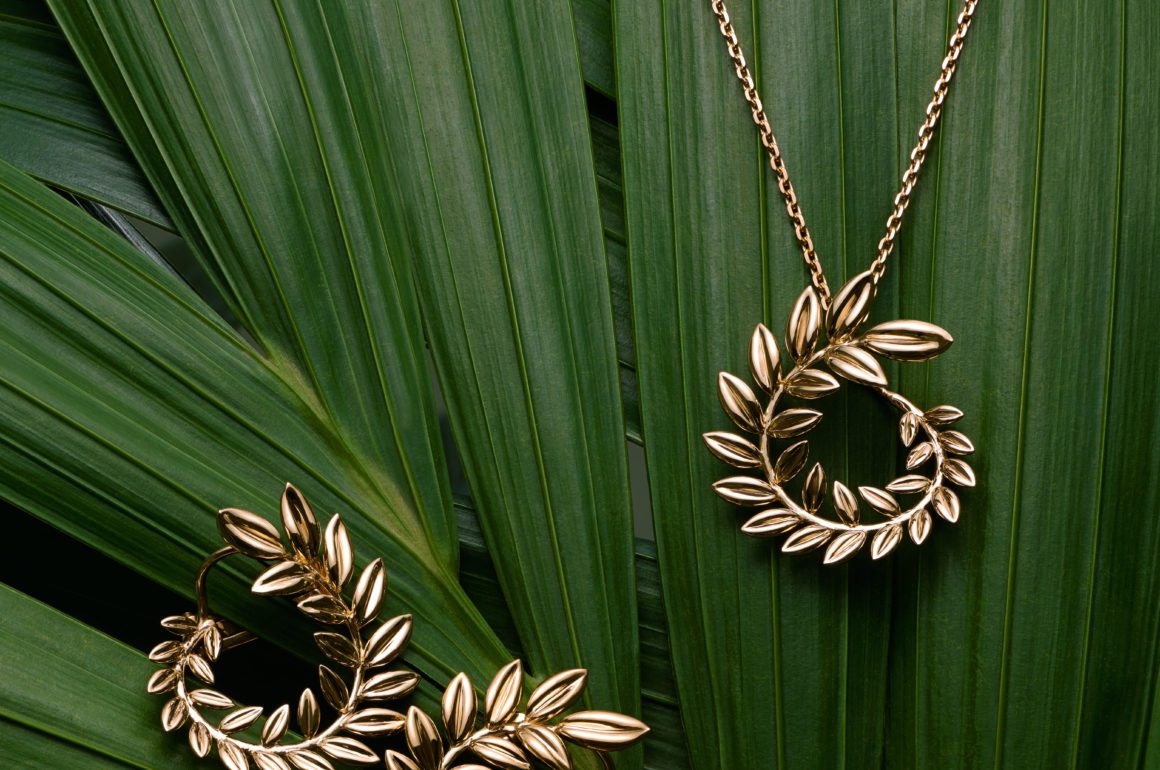
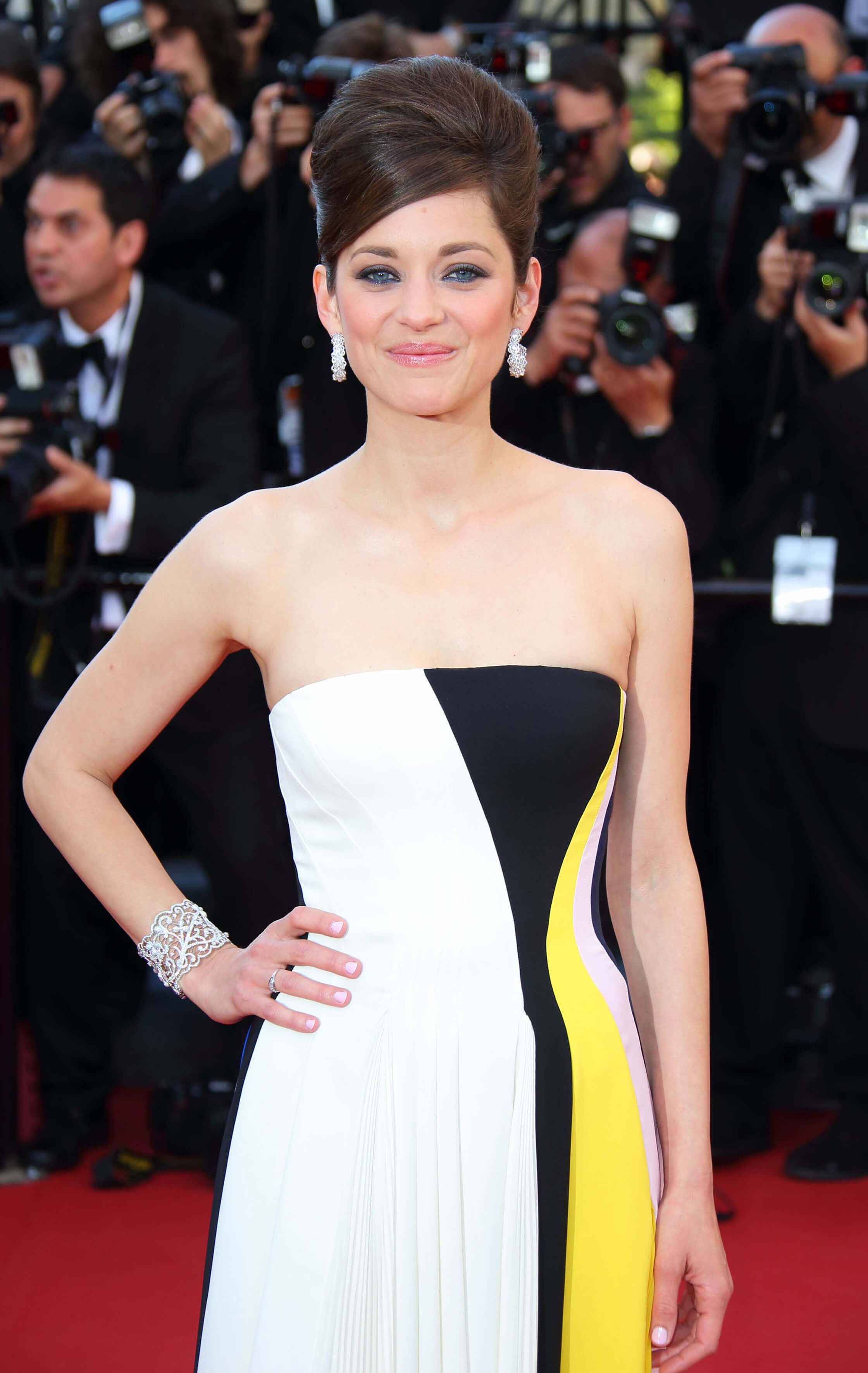
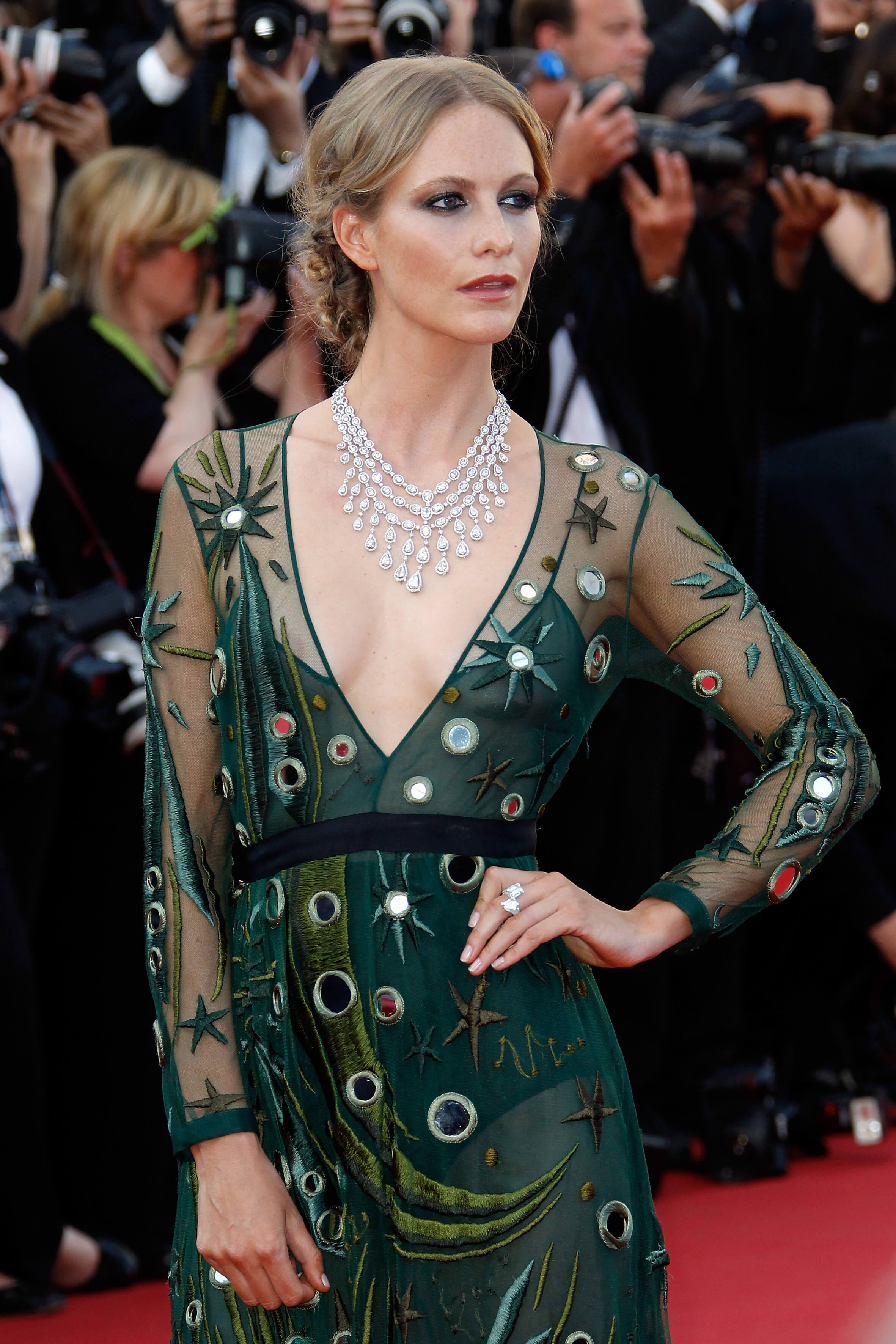

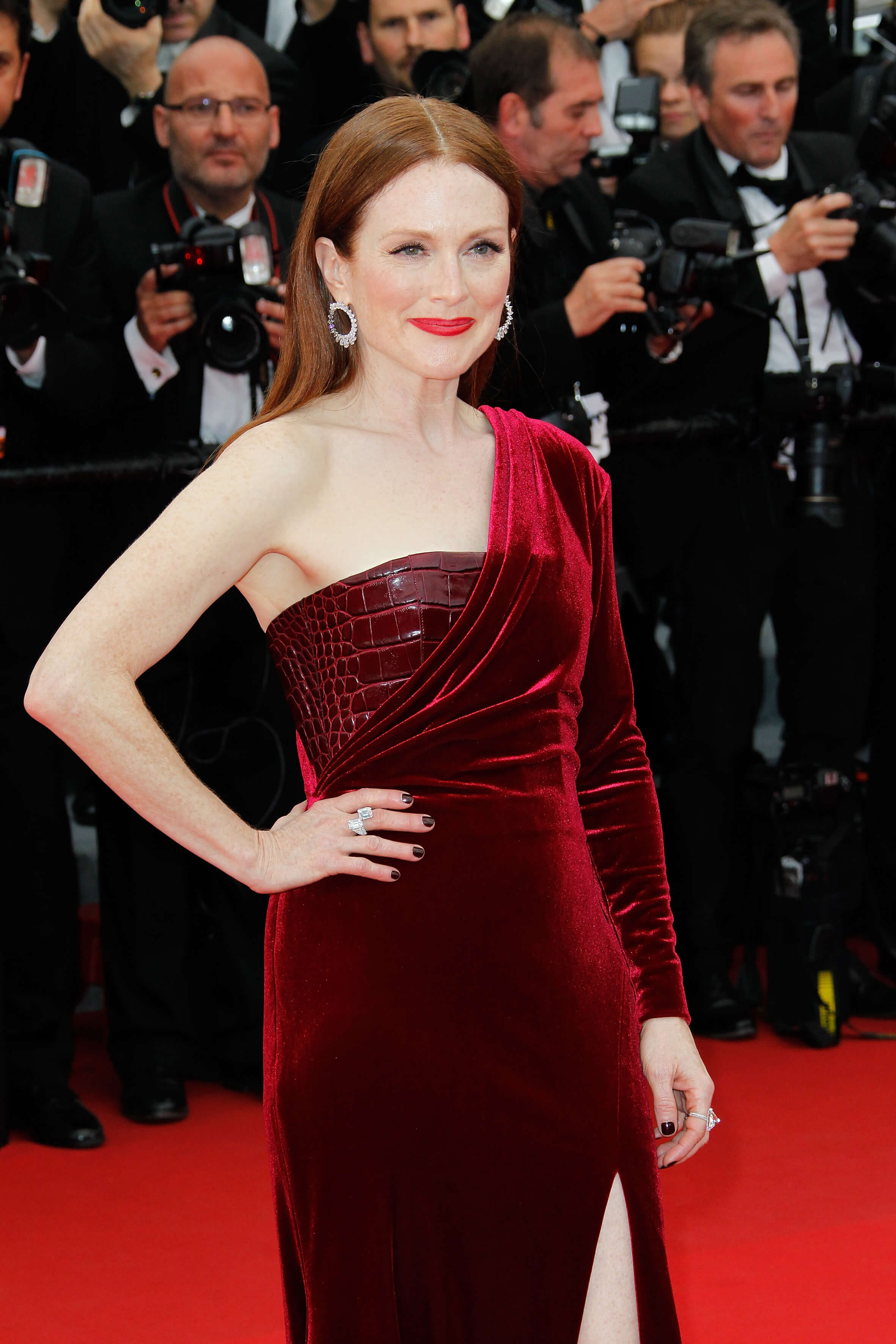
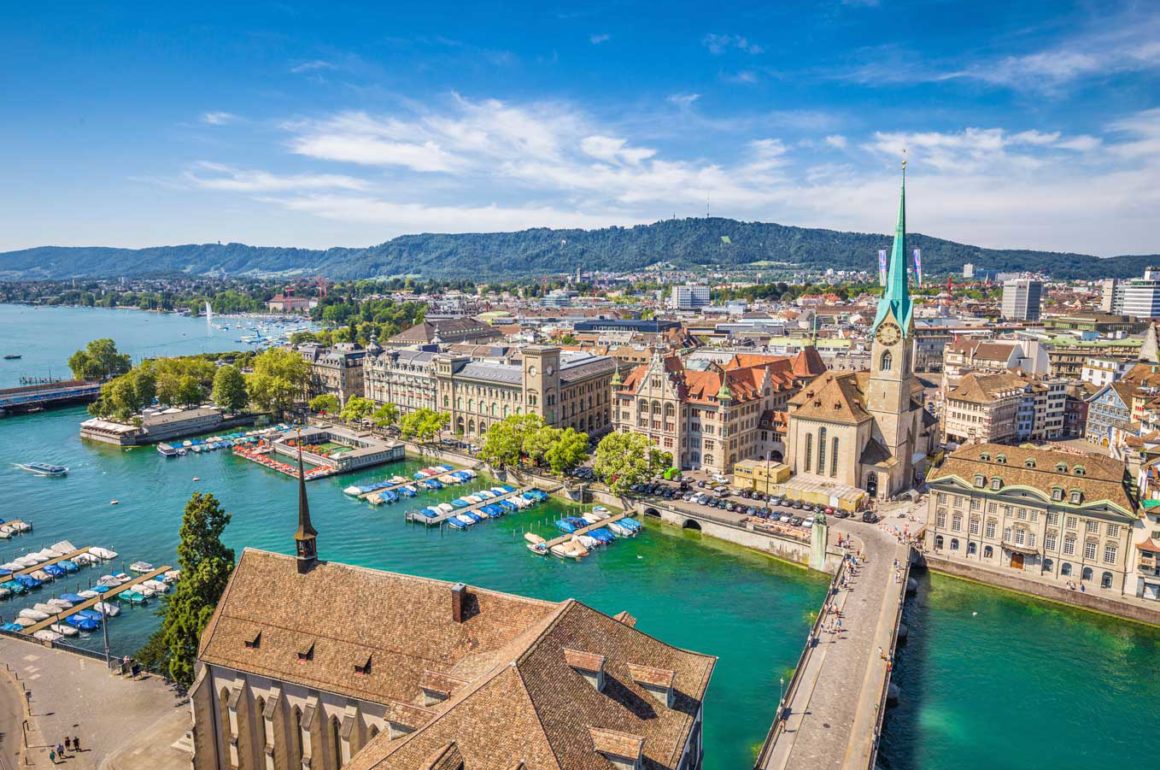

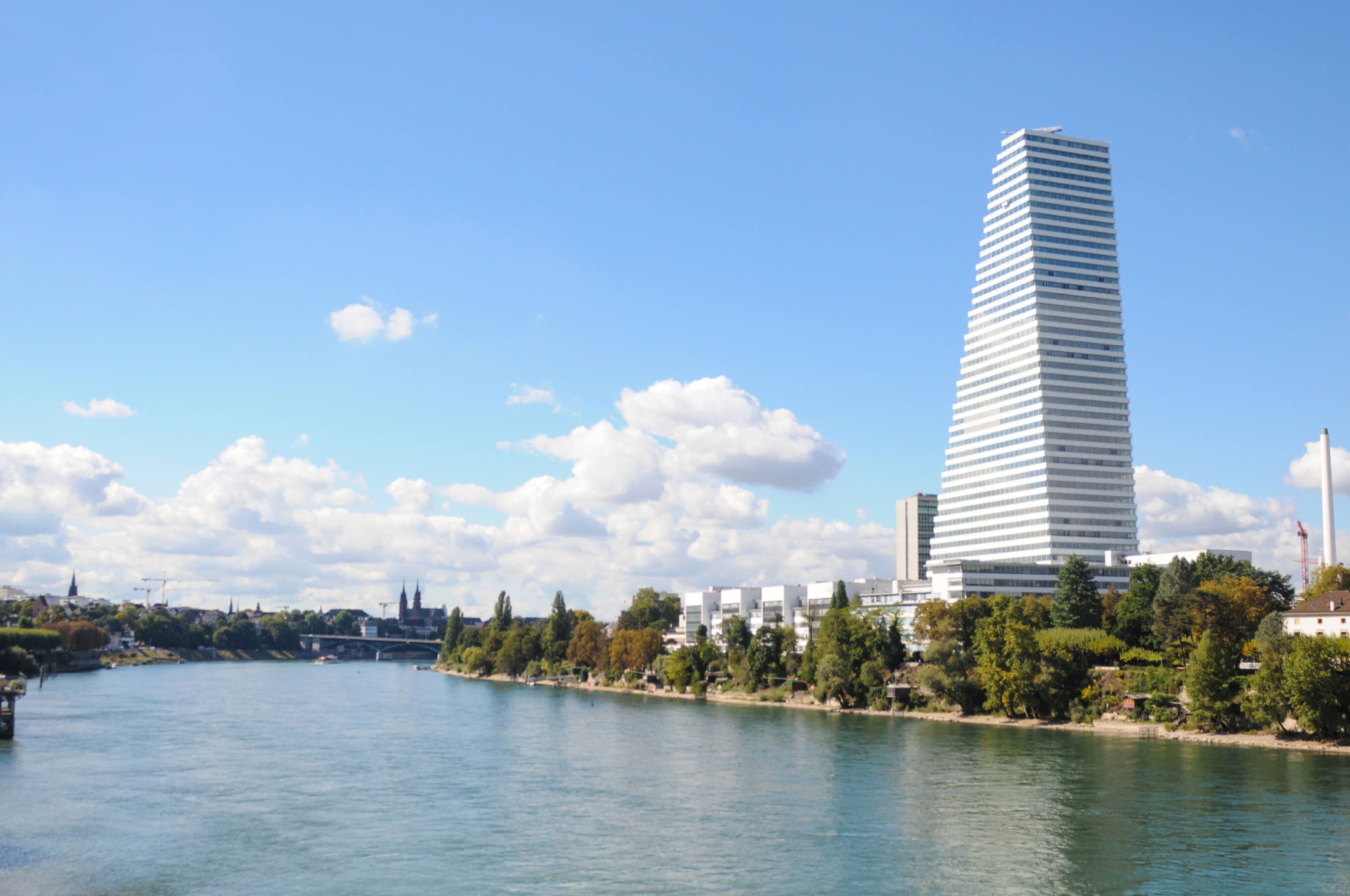





Recent Comments